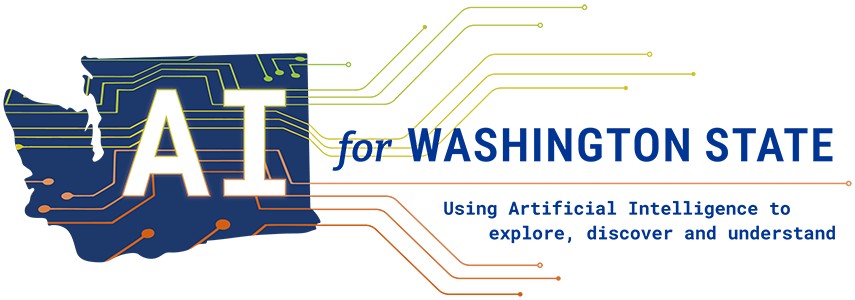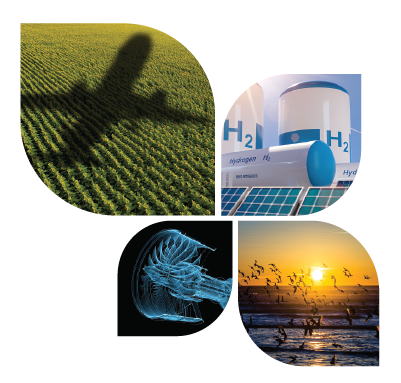Publication
The Highs and Lows of Conducting Research on Cannabis in Washington State
Preface
On November 6, 2012, the voters of Washington State, by a margin of 56 to 44 percent, passed Initiative 502, which legalized the sale, possession, and private use of small amounts of marijuana for adults ages 21 and over. I-502 has created a major industry in Washington, with sales of cannabis products exceeding $900 million in 2017. It also has created an unprecedented opportunity to learn more about the effects of cannabis use on individuals and society and to develop public policies that maximize the benefits of legalization while minimizing the harms.
I-502 created a Dedicated Marijuana Fund consisting of all the excise taxes, license fees, and other revenues from marijuana-related activities. It then earmarked most of these funds for prevention, education, health, and research. However, the regulatory environment has made it difficult for researchers studying cannabis in Washington State to be as productive and effective as they could be.
Recognizing the potential of research to inform the many public and private decisions being made about cannabis, the Washington State Academy of Sciences decided to devote the symposium portion of its 11th Annual Meeting to cannabis research in Washington State. The symposium looked at two broad topics: research into the effects of cannabis on individuals and on society (summarized in Chapter 2 of this report), and the regulatory measures that both advance and hinder research (summarized in Chapter 3). However, even more than with other prominent public policy issues, regulation and research are intertwined for cannabis. Cannabis legalization is so new that many unknowns surround how legalization should proceed and what its effect might be. At the same time, regulation has a profound influence on what research can be undertaken and how that research can be done. While the presentations at the symposium tended to focus on either research or regulation, the speakers often alluded to the many ways in which they interconnect.
The symposium, held on September 13, 2018, was organized by WSAS’s Quality of Life, Health, Education and Workforce Preparedness Topical Working Group. Donna Gerardi Riordan, Devon Emily Thorsell, and Bethany Fruci organized the annual meeting symposium. Steve Olson wrote the symposium summary.
By providing a venue for the presentation of empirical evidence and discussions of possible routes forward, the Washington State Academy of Sciences hopes to help educate researchers, policy makers, and the public about the challenges and opportunities posed by cannabis legalization. Cannabis legalization in Washington and other states is in essence a massive experiment that will affect the lives of millions of individuals. We owe it to ourselves and our children to learn as much from this experiment as we can.


